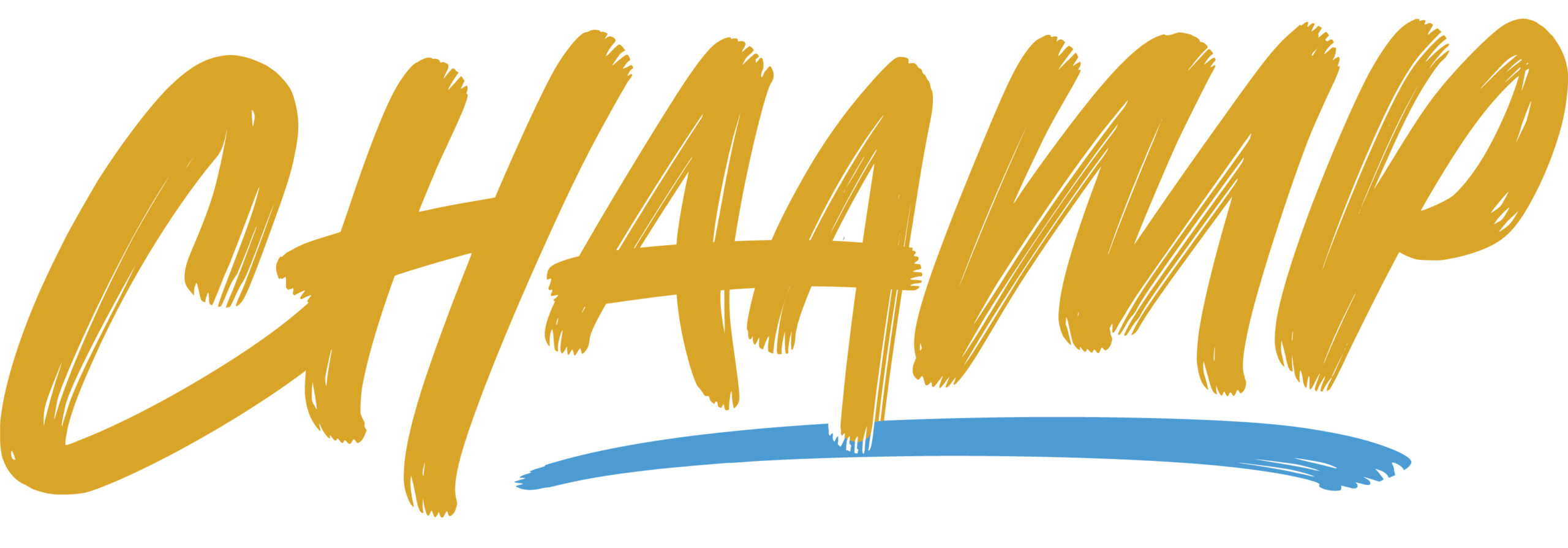Our Research
CHAAMP aims to identify and disseminate effective treatment strategies that can be designed and scaled to eliminate barriers, address systemic inequalities, and meet the needs of all children and adolescents suffering from mood and anxiety disorders.
There are three elements to CHAAMP’s translational research program. First, we conduct basic research to improve our understanding of risk and protective processes that affect children’s mental health. This includes studies of brain development, biological stress response systems, parenting and family environments, coping, culture, and other biopsychosocial factors that are critical to a child’s wellness. The basic research informs the second arm of our research program: developing and testing novel evidence-based prevention and treatment programs for youth from diverse communities. Third, we bring the research to the real world, aiming to increase access to high-quality interventions in the communities where children live, learn, and grow. Together, our translational work brings state-of-the-art methods of delivering mental health care that close the gap between the critical need for treatment and the shortage of places children can receive evidence-based care.
